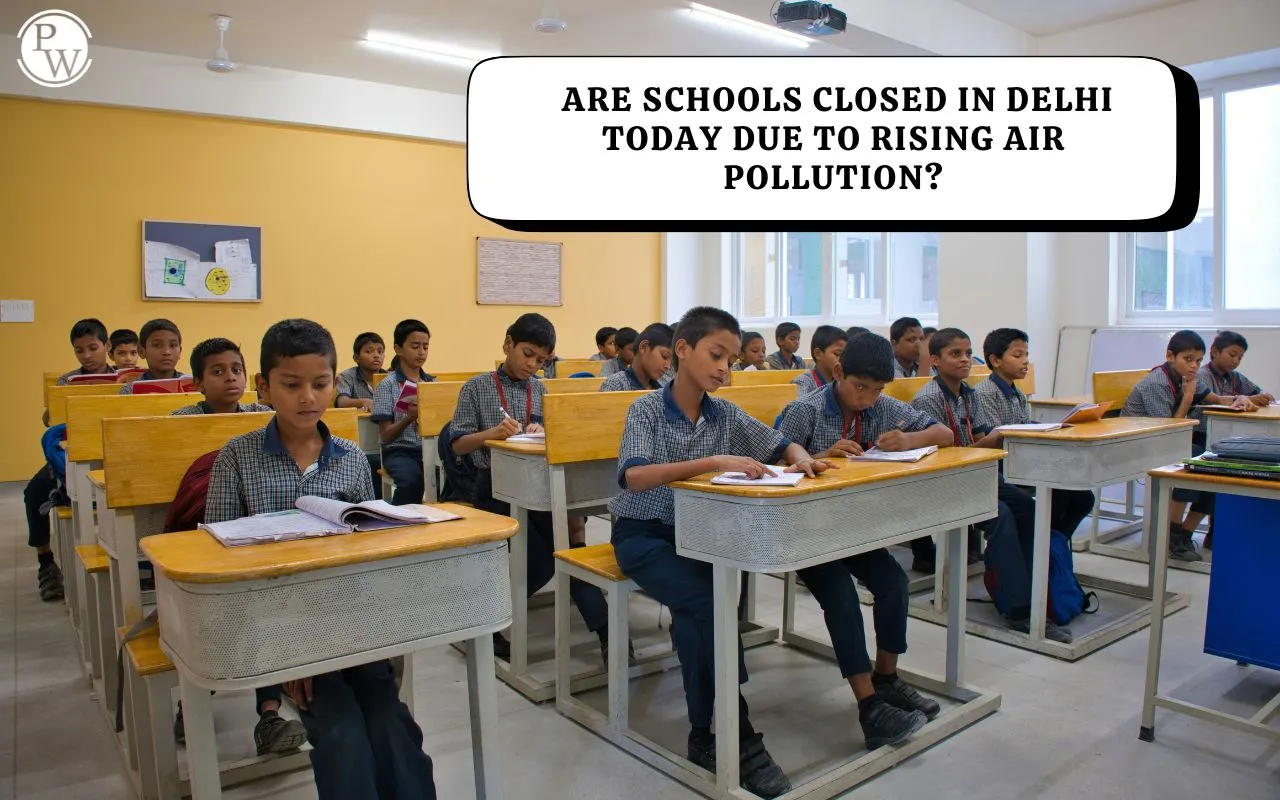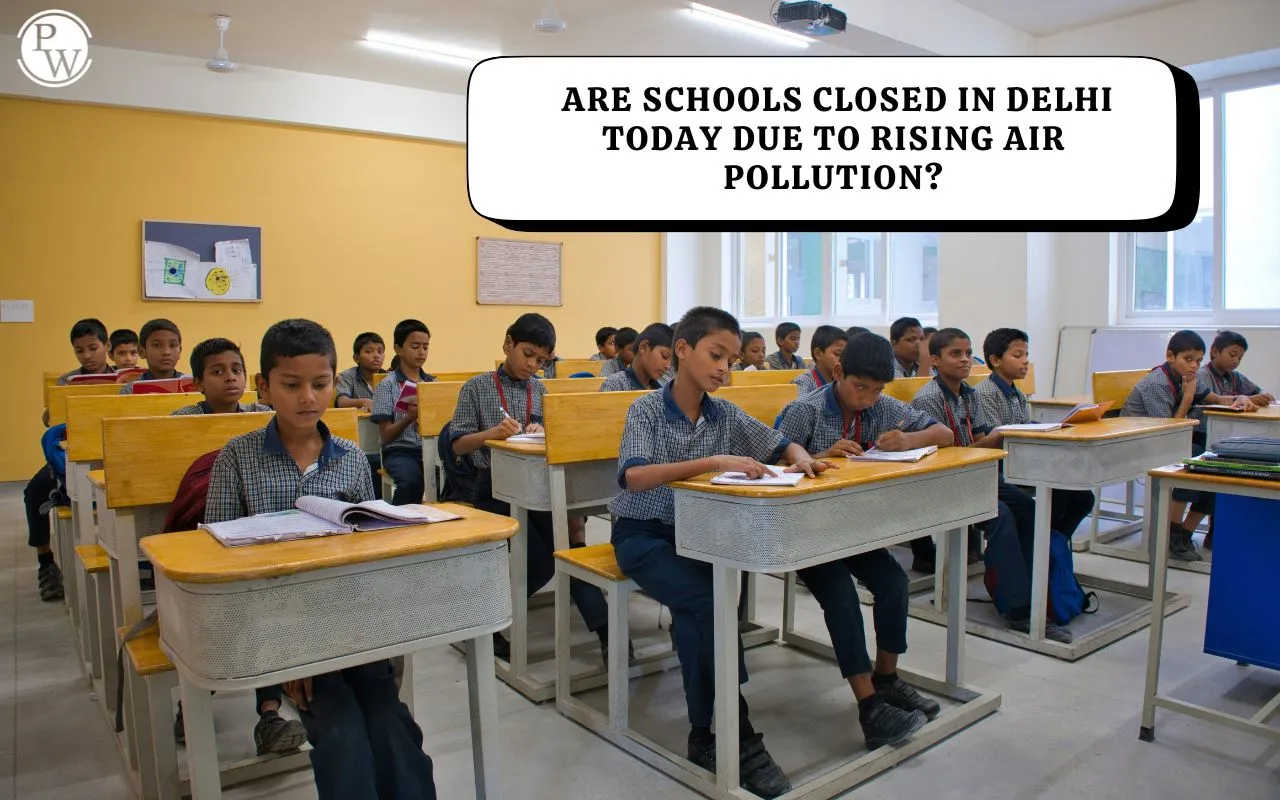

Every winter, Delhi faces a recurring crisis of toxic air and thick smog blanketing the city. The situation has again worsened this year as the national capital and its adjoining NCR regions struggle to contain rising pollution levels. As the second week of November begins, a dense layer of smog has covered Delhi, reducing visibility and making breathing difficult. The Air Quality Index (AQI) has slipped into the ‘very poor’ category in most parts of the city and plunged to the ‘severe’ range in several others. Residents, especially children and the elderly, are reporting an increase in respiratory and throat-related problems.
The capital recorded its worst air quality of the season on Sunday morning, with the AQI touching 391 before showing a minor drop later in the day. The temperature also dipped to 11.7°C, several degrees below normal, worsening the smog formation. Meteorologists suggest that stagnant winds and low temperatures are trapping pollutants close to the surface, leading to the blanket of haze that continues to engulf the region.
GRAP-IV restrictions
In Delhi-NCR, the decision regarding school closures is still awaited. With pollution levels continuing to spike, authorities have already implemented GRAP-IV restrictions in several parts of the city. Under these measures, construction work has been halted, and schools in some regions have been asked to shut down for multiple days.
Amid the deteriorating air quality, speculation is rising that the government may soon order a temporary closure of schools or shift classes to online mode.
Students and parents have been urged to remain in contact with school authorities for the latest announcements.
Schools closed in year 2024
A similar scenario unfolded in 2024 when Delhi schools were shut for several days following the implementation of GRAP-IV restrictions. Experts have since emphasized the importance of lasting measures to avoid repeated interruptions in academic schedules.
The sharp decline in AQI once again underscores the pressing need for stronger air pollution control and sustainable urban planning as Delhi moves further into its smog-laden winter season.
Government and private institutions have also been instructed to strictly follow the Winter Action Plan, which includes curbing vehicular emissions, managing waste burning, and minimizing outdoor activities for children. The administration continues to monitor the situation closely, with possible fresh advisories expected if pollution levels persist.
Schools in Bihar will remain closed on November 11
Meanwhile, schools in Bihar will remain closed on November 11 due to the second phase of polling.
